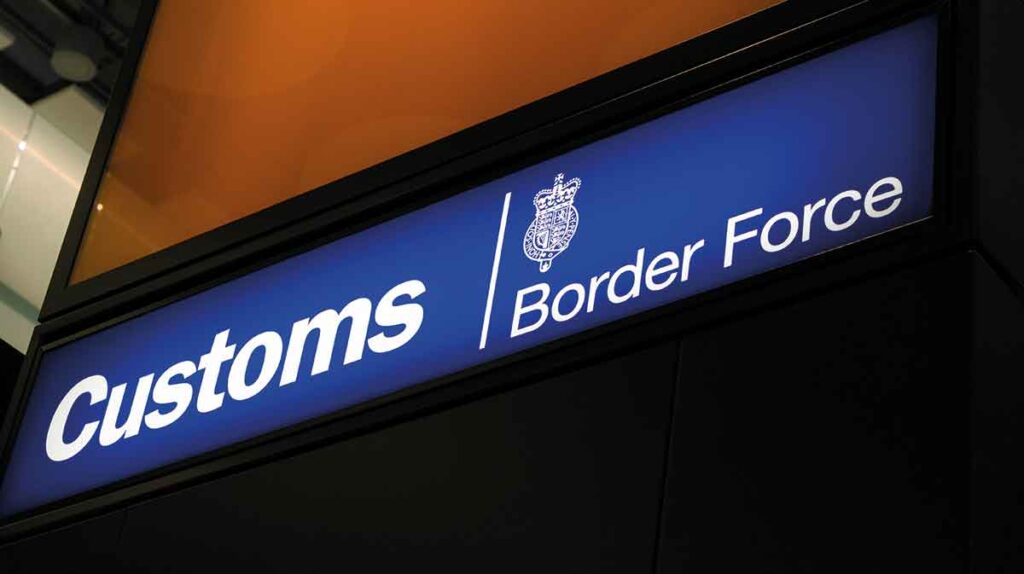Meat and dairy products from Germany continued to enter the UK after the foot-and-mouth disease (FMD) ban came into force, MPs were told today.
The UK government announced a ban on products from susceptible animals, including pigs, cattle, sheep and goats, from Germany after the discovery of FMD in a herd of water buffalo near Berlin on January 10.
Helen Buckingham, an Environmental Health Practitioner and regulatory consultant, told the Environment, Food and Rural Affairs Committee that, after the import regulations were changed on January 11, the government’s IPAFFS import notification system took another seven days to adjust.
“In that time, things got through and that is fairly remarkable,” she said. “I was getting calls from inland authorities saying they had just got some German whey product turning up and were wondering what to do.”
She said the situation highlighted the ‘vulnerable state’ of our border controls and the lack of clear communication and guidance coming down from central government to those on the frontline.
Lucy Manzano, Dover Port Health Authority’s (APHA’s) head of port health and public protection, said she was aware that ‘for at least six days’ after the ban came in, German products coming into the UK were able to ‘auto clear’ via the ‘timed-out decision contingency feature’ (TODCOF) system.
This was introduced under the government’s Border Target Operating Model (BTOM) to help avoid delays at the new border control post at Sevington. It allows loads to auto-clear via a digital system two hours prior to arrival to avoid inspection, provided they have self-declared as being ‘low risk’.
But Ms Manzano said it meant consignments that should have been banned avoided physical inspections and entered the country unchecked. She also criticised the lack of communication and clear guidance from Defra to those who were meant to be implementing the policy on the ground.
They were giving evidence to the EFRA committee as part of its investigation into the UK’s border controls.
Defra response
Defra said it was ‘entirely incorrect’ to state that it took a week to stop meat imports from Germany following the outbreak.
A Defra spokesperson said: “The government will do whatever it takes to protect our nation’s farmers from the risk posed by foot and mouth disease. That is why restrictions were immediately brought in on animal products from Germany to prevent an outbreak.
“We ensured that auto-clearance facilities were superseded by robust biosecurity controls which were implemented at pace following confirmation of the outbreak.”
For example, on the day of the outbreak, January 10, Defra said PHAs and local authorities were requested to immediately hold impacted consignments at BCPs and that it issued communication to traders notifying them of these controls and worked with individuals that had consignments held at points of entry.
IPAFFS was updated on January 15, following access to the commodity list, with PHAs were instructed to check and hold suspected consigments in the meantime, Defra added.
In a briefing it said it took ‘further digital action’ to ensure that the Goods Vehicle Movements Systems (GVMS) was signalling drivers that were carrying impacted loads, to attend the nominated BCP, ‘further protecting UK biosecurity’.
Defra said it continues to offer regular guidance to impacted businesses and provide updates to PHAs and LAs.




